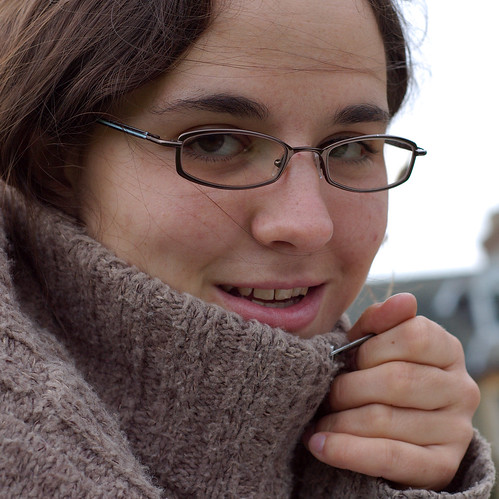'The Hopi, an Indian tribe, have a language as sophisticated as ours, but no tenses for past, present and future. The division does not exist. What does this say about time?'
Preface to Sexing the Cherry, Jeanette Winterson, published by Vintage (2001), first published in 1989
This intrigues me. I wonder if it's true? I would get very lost without a secure sense that things that have happened happened before, and things that are going on now happen now and things that will happen in the future haven't happened yet. I find it quite comforting to know that things that happened in the past cannot be changed by what happened now, no matter what perception does to them. They happened to somebody else - and that is important to me. Their happening changed who I was, to becoming more who I am now. Of course it doesn't work like that. The way that one's perception of the past changes means that events that happened in the past can have new effects on the person you are now, and hence things that happened in the past still have power now. They aren't dead, much as it is comforting to imagine them so. Winterson examines history a bit in Oranges, saying that 'History is a hammock for swinging and a game for playing. A cat's cradle.' But it is more than that - one can reform history, but in its reforming one can change oneself - since history is a part of oneself.
I need to finish the book, and I'm tired and don't have time. But I haven't finished this rather incoherent thought.
I need to finish the book, and I'm tired and don't have time. But I haven't finished this rather incoherent thought.







The Hopi are a pretty famous example in psychology - but the whole "no past, present, future" thing is still unclear, and it's certainly not true that they have *no* linguistic concept of past vs future.
ReplyDeleteThey just think about it very differently to us! This still raises the same interesting questions, though... :)